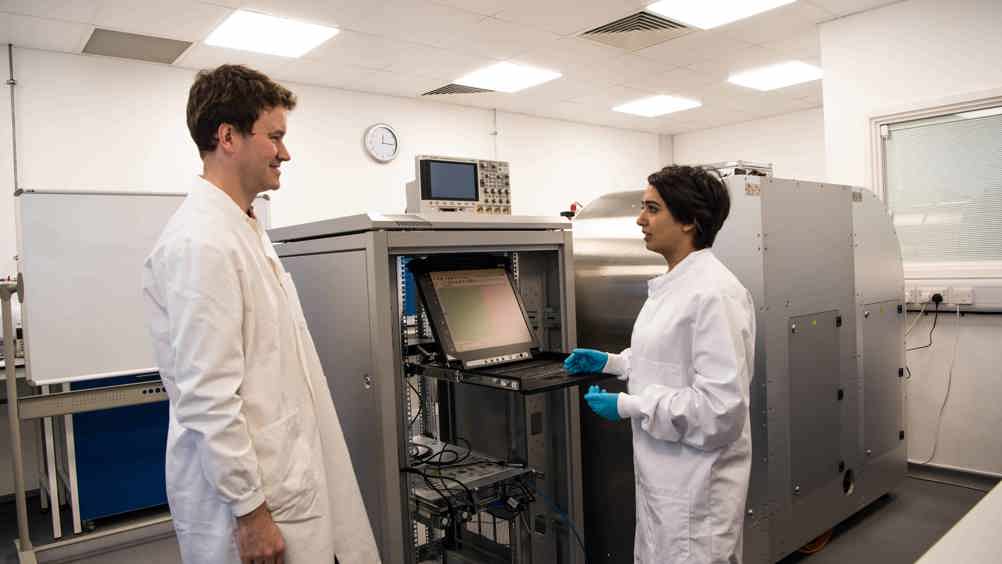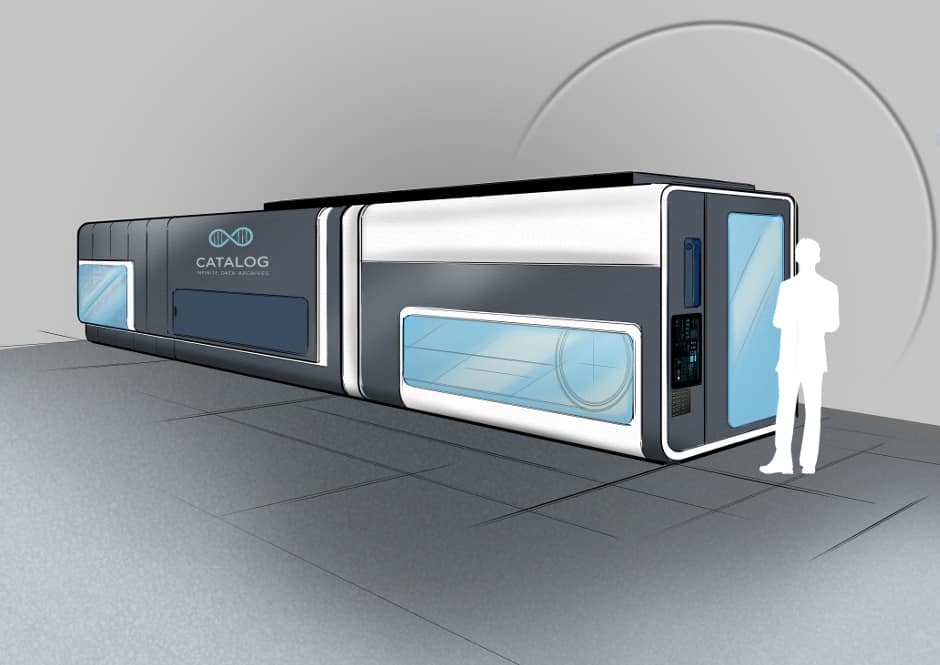Partnership looks to replace data centres with DNA storage
Cambridge Consultants is working with Catalog Technologies to develop a DNA storage solution that could potentially hold all the world’s digital data in a space the size of a wardrobe.


Catalog’s DNA-based data-storage method is claimed to overcome the dual bottlenecks of cost and speed that have so far hindered the progress of similar systems that encode digital data into strands of synthetic DNA.
These strands contain sequences of nucleotide bases represented by the letters A, C, G, and T. Data can be stored in the DNA by transposing binary code into the DNA and then synthesising strings of DNA molecules with that code, which is slow and costly.
Catalog’s solution involves the acquisition of small fragments of DNA and piecing them together in an exponential series of combinations.
Having proven their proprietary method for encoding data in DNA, Boston Massachusetts-based Catalog has engaged Cambridge Consultants to support the scaling up of their platform, designing and building a machine that will encode the data at a speed of 1Tb in 24 hours, an advance expected to make it economically viable to use DNA as the medium for long-term archival of data.
Register now to continue reading
Thanks for visiting The Engineer. You’ve now reached your monthly limit of news stories. Register for free to unlock unlimited access to all of our news coverage, as well as premium content including opinion, in-depth features and special reports.
Benefits of registering
-
In-depth insights and coverage of key emerging trends
-
Unrestricted access to special reports throughout the year
-
Daily technology news delivered straight to your inbox










BEAS funding available to help businesses cut energy costs
And not a moment too soon, if the following exchange broadcast last Friday 13th June, on the Radio 4 ´Rare Earth´ program (link below, ~ 17 minutes...